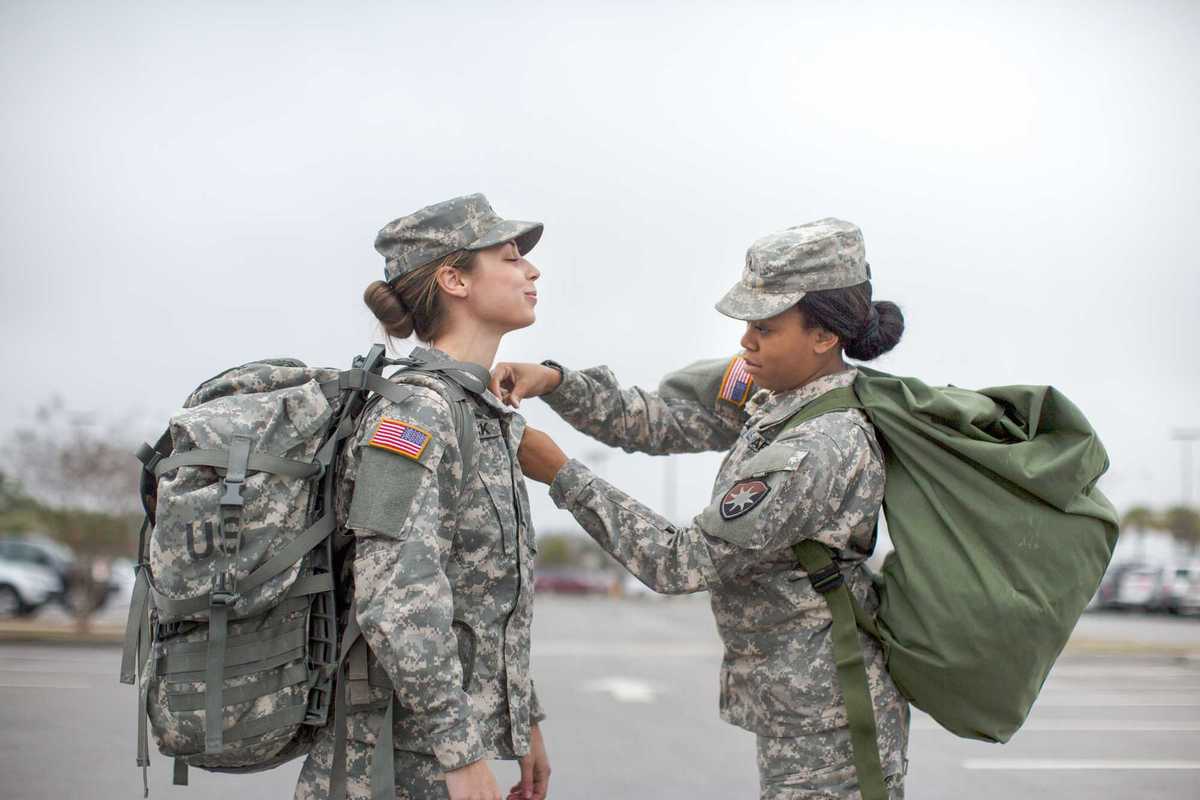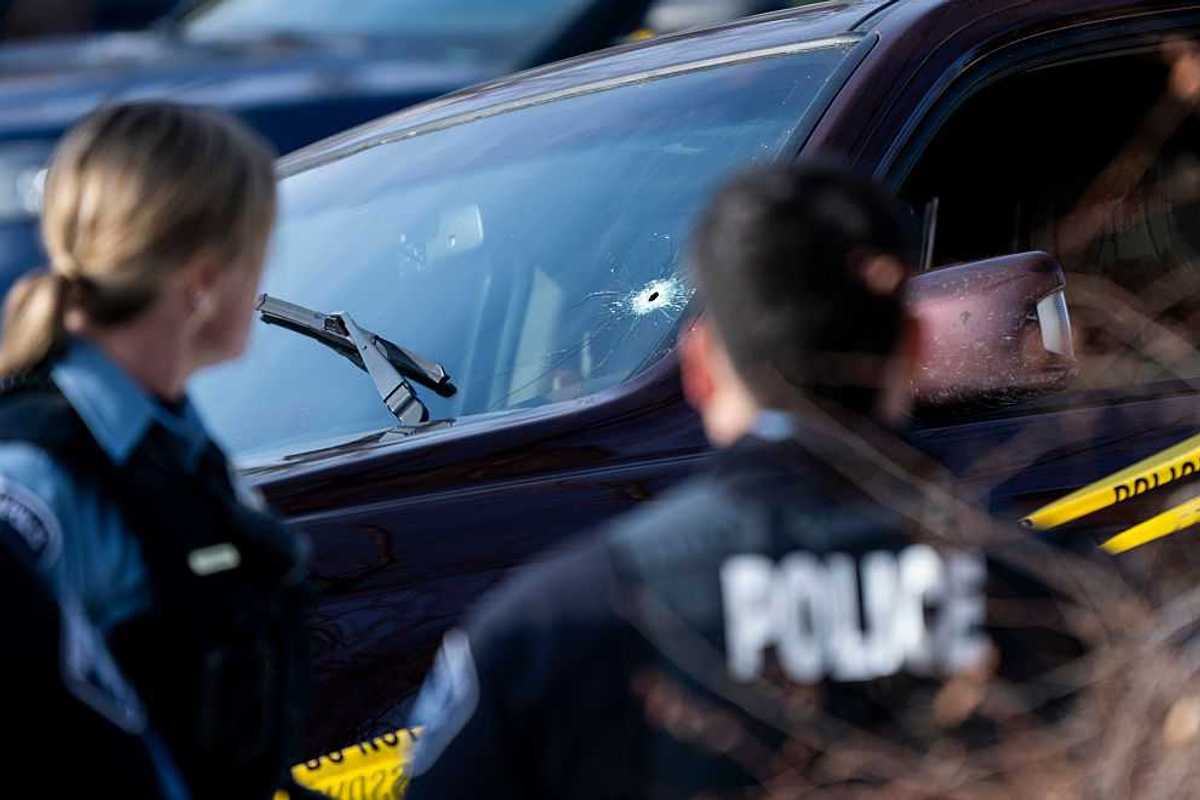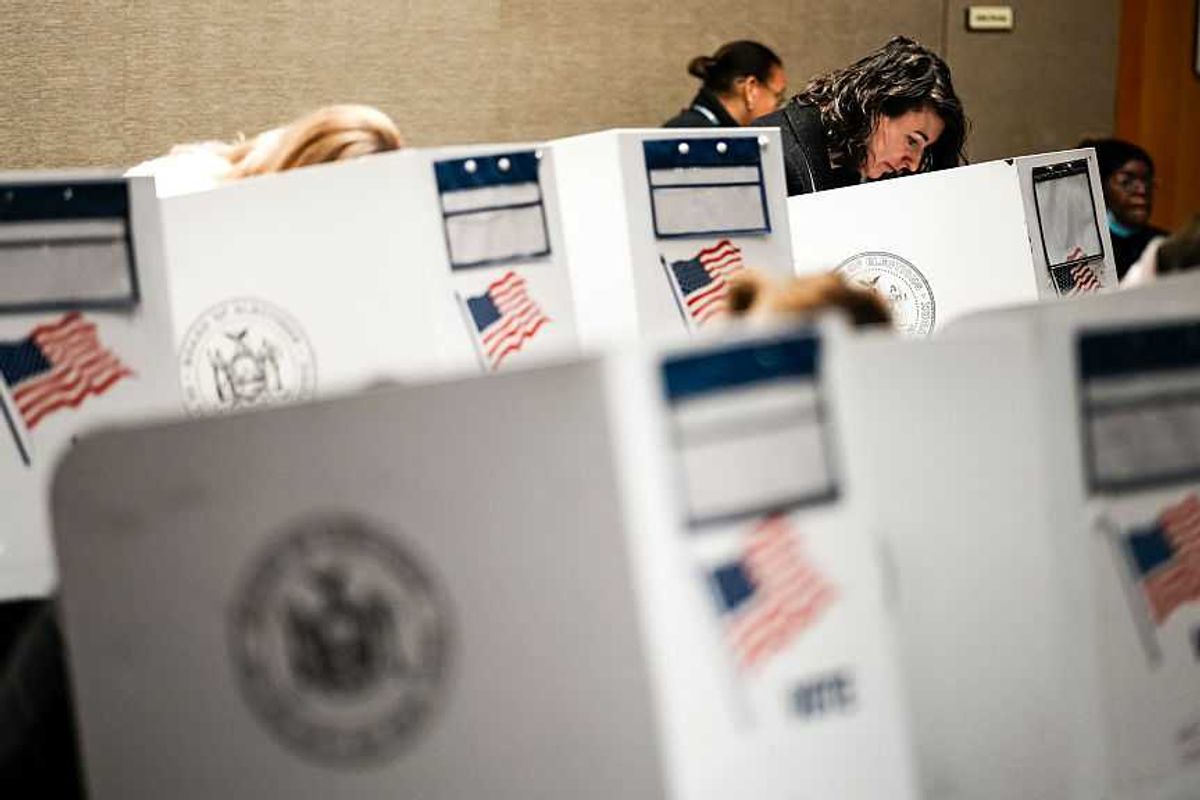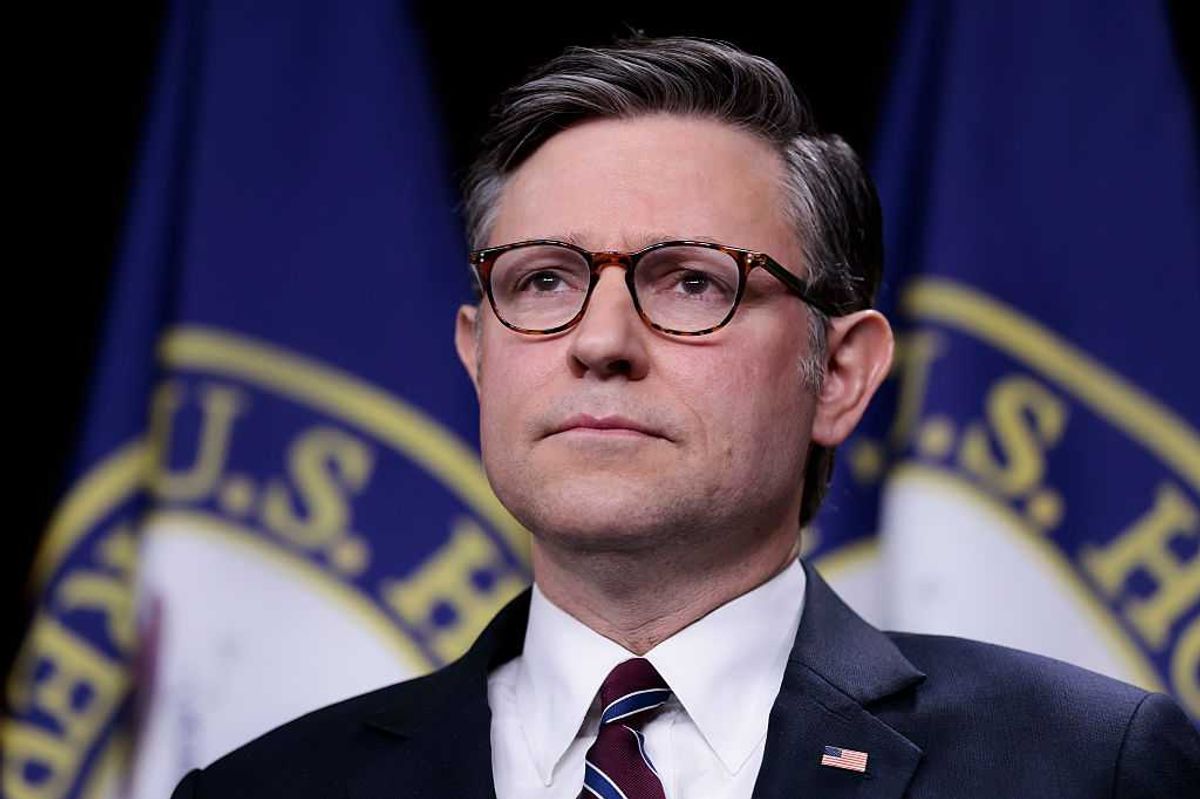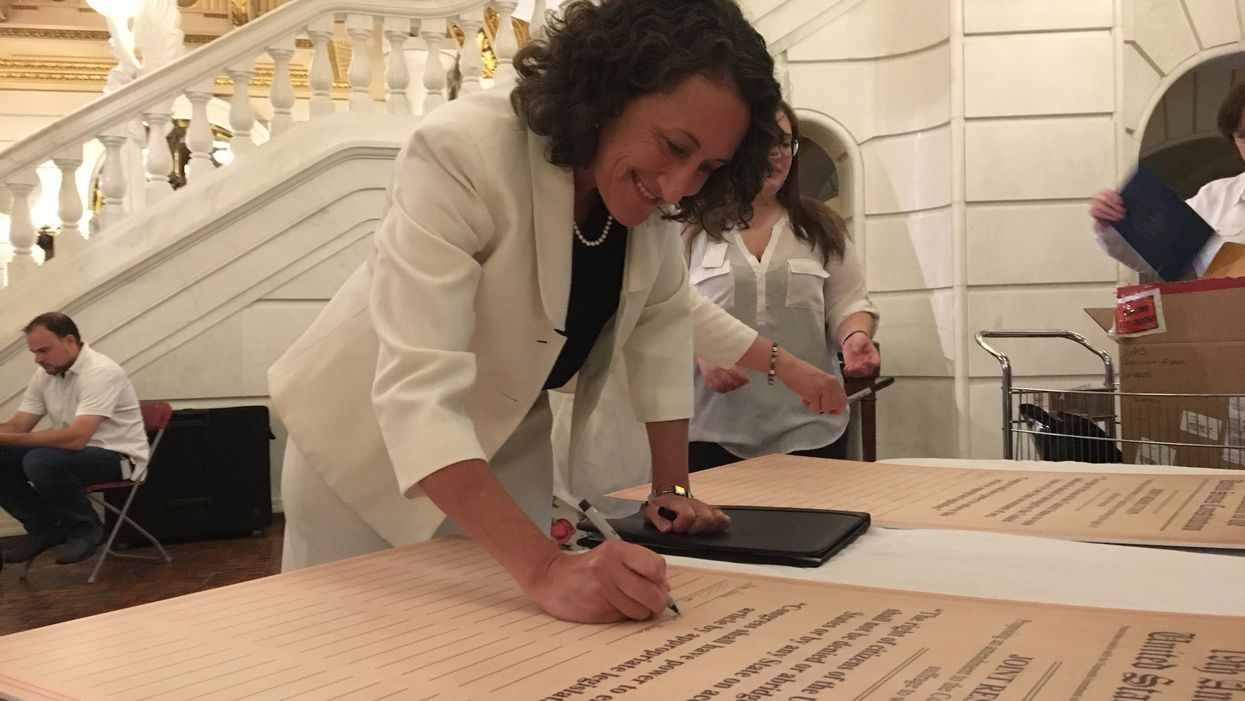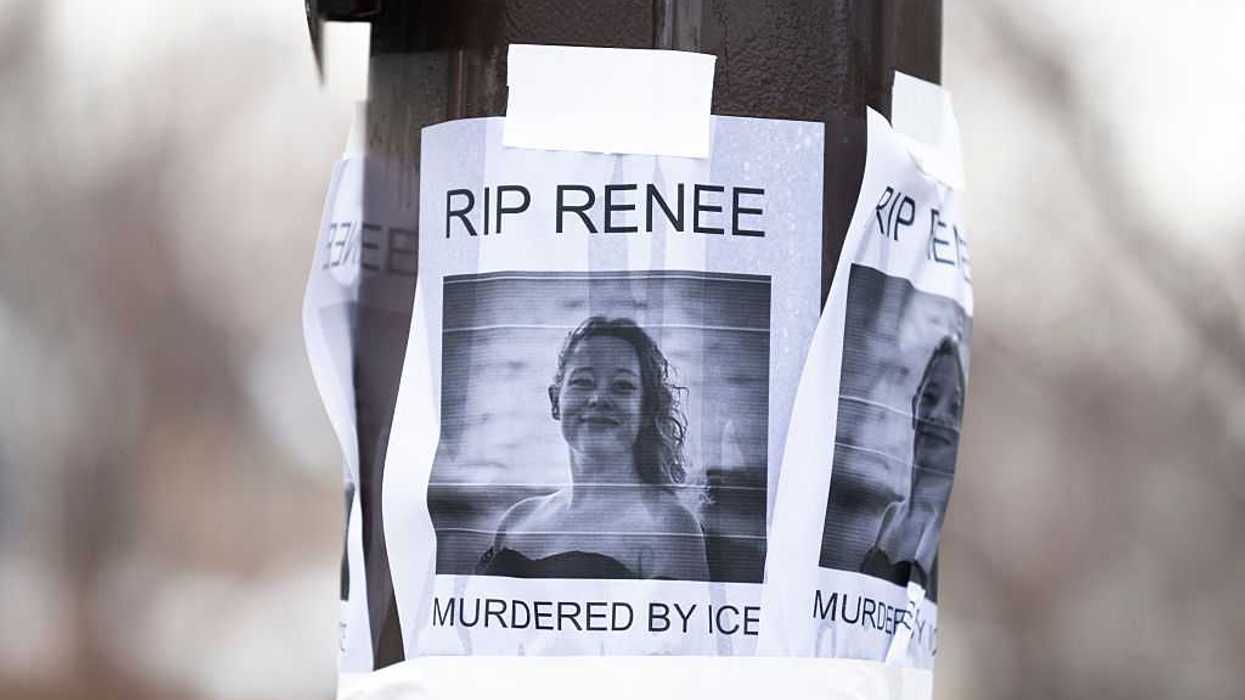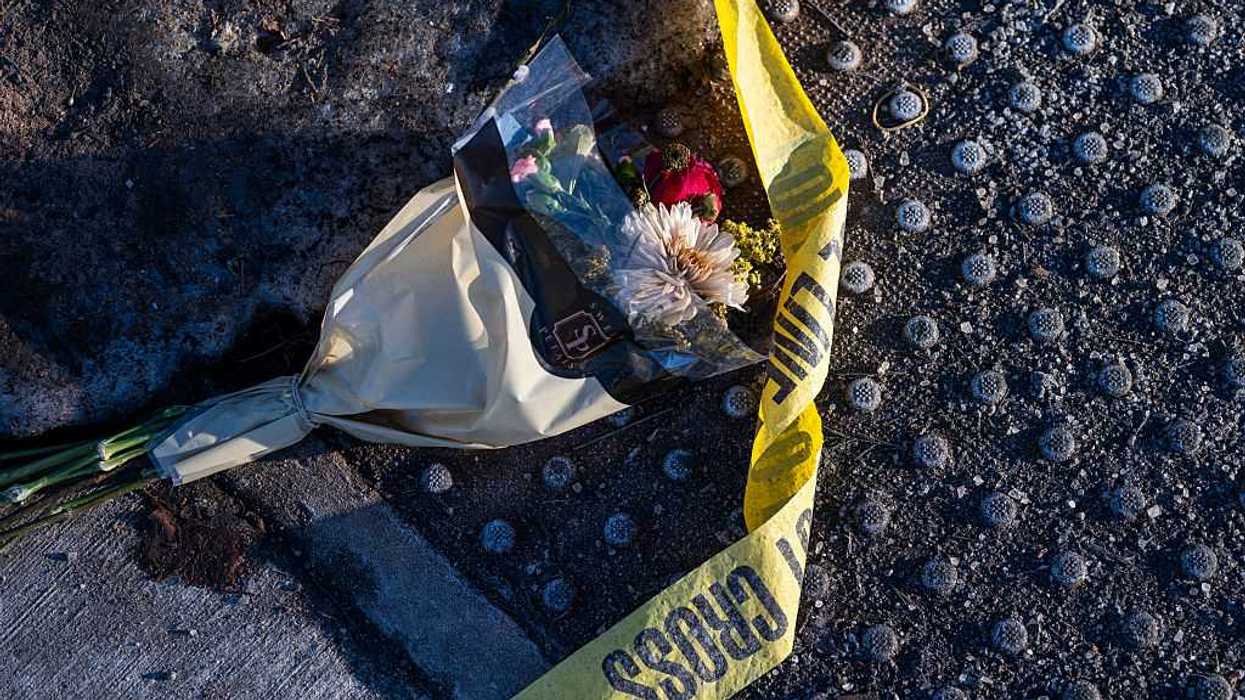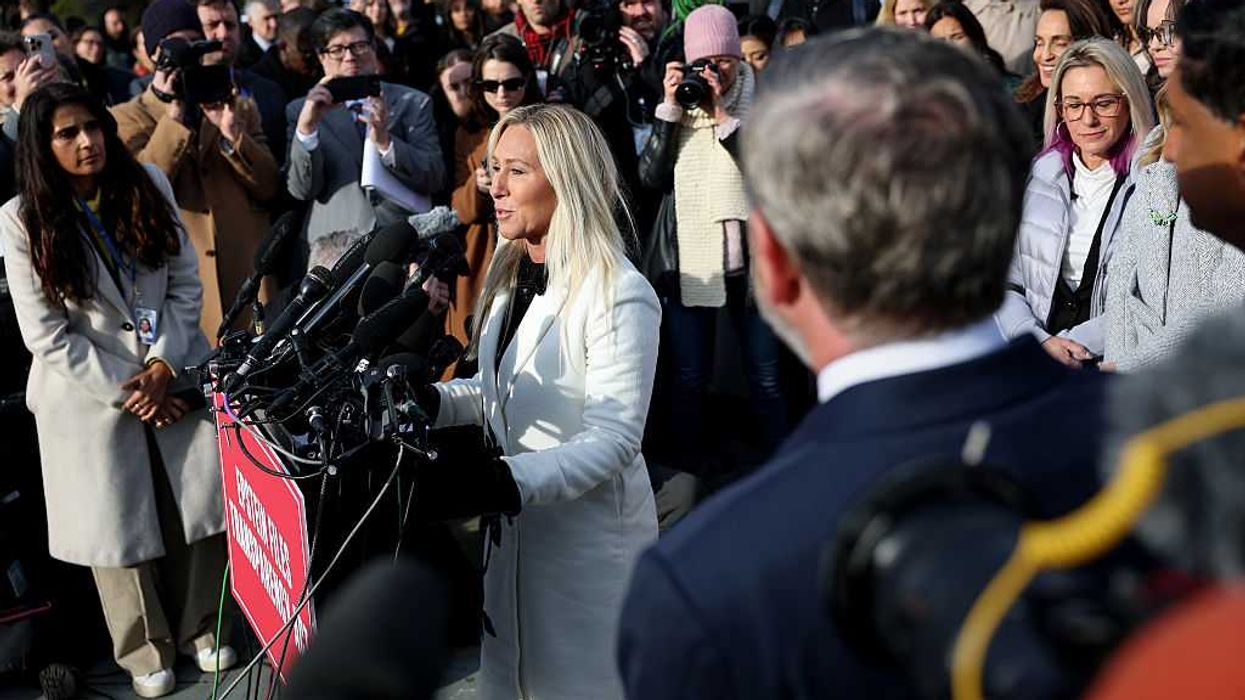Kathy Boockvar has been Pennsylvania's secretary of state only 14 months, but she comes by her passion for elections honestly: She was a poll worker as a young adult, spent years practicing voting rights law, ran a credible race for Congress in 2012 and advised Gov. Tom Wolf, a fellow Democrat, on the most comprehensive overhaul of the state's elections laws in more than 80 years.
That experience has given her something to say about the state of democracy reform and election security eight months ahead of the presidential election.
Pennsylvania's law, enacted last fall, has brought no-excuse absentee voting by mail to the state, permits voters to sign up to receive such ballots in every election, created a 50-day period for early voting by mail, lengthened the pre-election period for registration by 15 days and paid for the installation of new voting equipment in all of the state's 67 counties.
What's as remarkable as the statute's breadth is that it resulted from the sort of negotiation and bipartisan compromise that are extremely rare in American government today. Harrisburg is among just nine state capitals where the governor is not from the same party in control of the legislature. But Wolf and Republican leaders in the state House and Senate were able to strike a deal in which GOP lawmakers got their top wish — the elimination of straight-ticket voting, which they say unfairly favored Democrats — and the governor's side got a package making it easier to vote.
Boockver also co-chairs the Election Committee of the National Association of Secretaries of State. It was in that role that she came to Washington last week. During a break in her time at a National Association of Counties conference, she discussed democracy reform's triumph in Pennsylvania and how election officials nationwide are battling voter mistrust that is the product of Russian attempts to meddle in the 2016 election. This is an annotated and condensed version of the central part of the conversation:
If you could speak to the average voter in Pennsylvania and nationwide, what is your message to them? Should they be afraid?
Of course there are concerns about misinformation and disinformation that are contributing to people's worries, she said. But in Pennsylvania the state has been on a constant path of improving voting systems and security. And so:
"What that means is that I have tremendous confidence in the security and resiliency of Pennsylvania elections. We're really on a mission to make sure that every voter can walk into the poll booth; or three weeks before election day walk into their county election office; or vote by mail; and know their vote will be counted accurately and securely and arguably more securely than at any point in time before now. One of the things Russians and other bad actors have learned is how vulnerable we are to misinformation and disinformation. And we can't let that win."
How do you overcome fear?
"I think the answer is a mix of actions and communication." She said the actions in Pennsylvania have included the rollout of a separate election web page for all 67 counties. In addition, the state adopted its own new, more rigorous security and certification standards for election equipment instead of waiting for the Election Assistance Commission to finish its upgrade of national standards. In addition, she has been traveling the state, meeting with local officials and attending community events.
What were the keys to passing the comprehensive election reform legislation?
"What was key was that the bill genuinely included things both sides wanted. It was kind of what used to happen all the time." She said it reminded her of settlement negotiations as a lawyer. "You are never going to have a settlement where everybody's happy."
"It truly was historic. It's historic in the wins for Pennsylvania voters. But it was historic in the process; in that process of negotiation and give-and-take genuinely working. It doesn't happen enough anymore."
What are the lessons that other states and local governments learn from the experience in Pennsylvania?
"There's no magic. There's no rocket science. The willingness to continue to engage in conversations even after the first attempt failed. Sometimes it's too easy after a first round fails to just give up."
